We recently connected with Janne Larsen and have shared our conversation below.
Hi Janne, thanks for sharing your insights with our community today. Part of your success, no doubt, is due to your work ethic and so we’d love if you could open up about where you got your work ethic from?
I grew up on a small farm and we grew most of our food, we logged our land for firewood, we had many animals and there was always work to be done. My mom would wake us up at 5 am every Saturday morning to weed the garden or bale hay or help butcher sheep. As a kid this was torture. One time I snuck in to eat ice cream and I was busted so I slid the ice cream under the counter when my mom came in. Needless to say, it melted everywhere and created a big mess and I got in big trouble. Even with that small setback, everyday on the farm the animals needed to be fed and watered, the fire needed to be tended and all of the other everyday chores were the responsibility of my sisters and I. Looking back on it now though, My sisters and I all benefitted from that in our current work ethic. We understand what needs to be done and we do it. Now that my parents are aging, I am so happy to have my sisters around with that same work ethic.
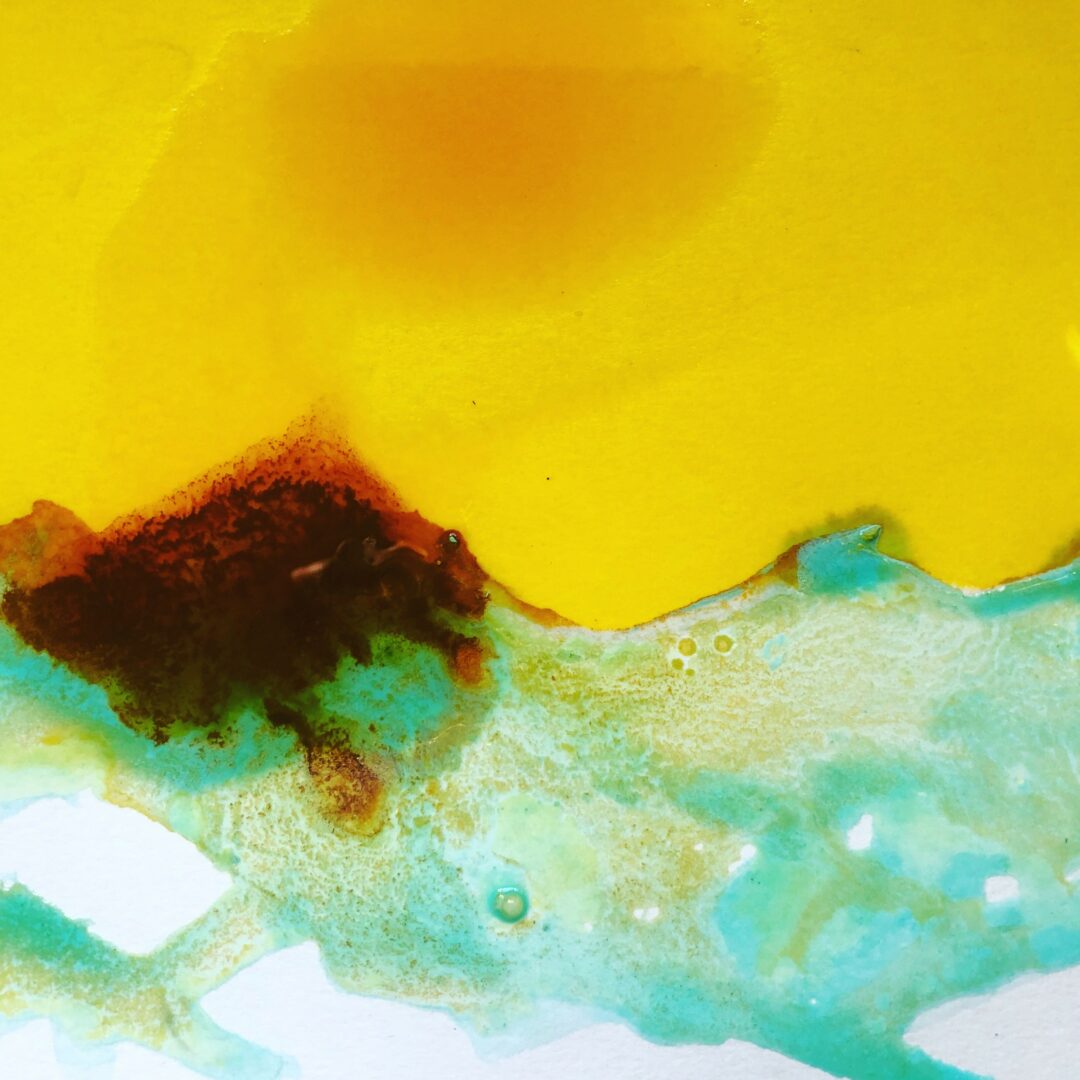
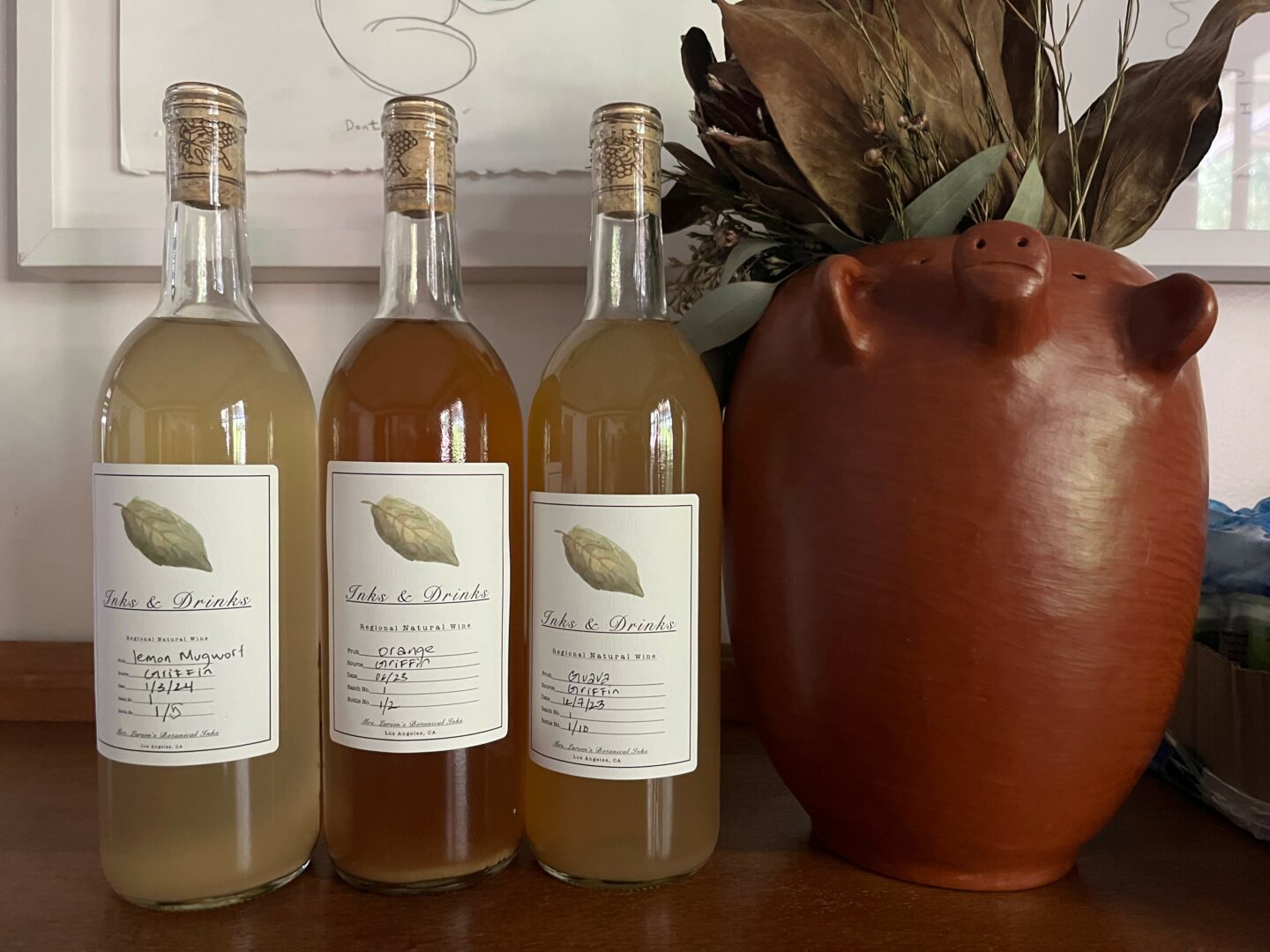
Thanks for sharing that. So, before we get any further into our conversation, can you tell our readers a bit about yourself and what you’re working on?
I developed the idea of “Inks and Drinks” as a way to connect people with the diverse plants that surround us. The inspirational book Braiding Sweetgrass by Robin Wall Kimmerer deeply influenced this concept, particularly the idea of connecting plants with people. One of the key insights is that while we are all immigrants to this land, Indigenous peoples have an inherent sense of stewardship embedded in their stories and culture. Something for us all to learn from. Another fascinating idea is that from a scientific perspective, plants actually thrive when they are used. They grow back more quickly and flourish when we engage with them—they enjoy our relationship!
In Los Angeles, we’re fortunate to have a vast variety of plants that flourish in our unique environment. Historically, we’ve had strong connections to plants through food and agriculture, but many of our other uses for them have been lost over time.
My initial thought was to create art materials from the plants around us, which led to the development of the ink kits I now produce. After many years of research, I developed a four-color ink palette that represents the colors I see around me every day. I wanted to capture the history of the plants, the vibe of the people, and, of course, a range of color and saturation. It’s a lot to consider, but that’s how I think!
As I collected and used the leaves, bark, and detritus from my neighborhood, I realized I could also utilize the abundant fruit growing around me. This brought me full circle to my upbringing and following in my mother’s footsteps of winemaking. I began making natural wine from the terroir of my neighborhood in LA. While fruit wine or country wine often gets a bad rap for being too sweet or too “natural,” my goal is to craft a delicious, natural wine that truly represents the unique flavors of my local area.
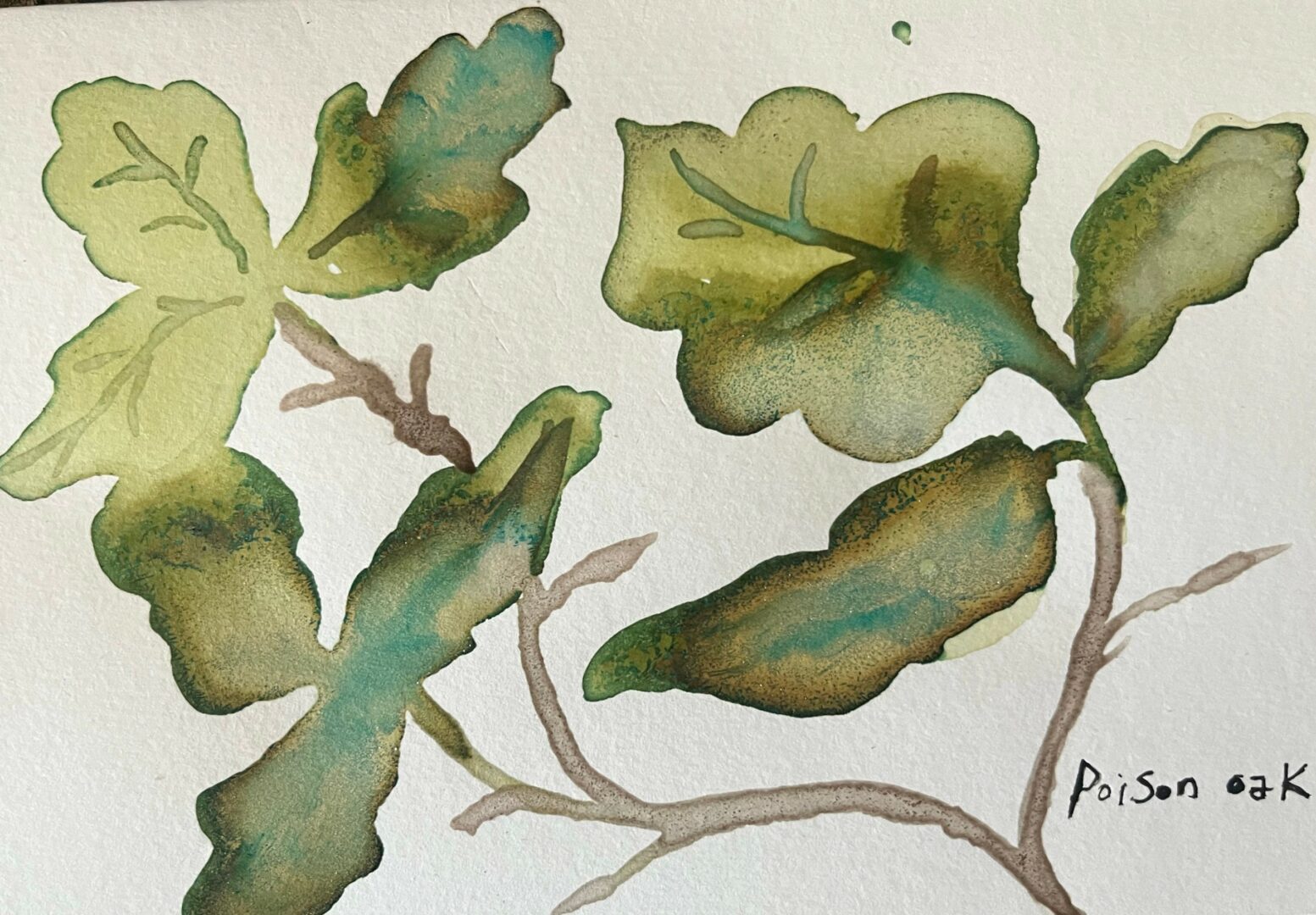
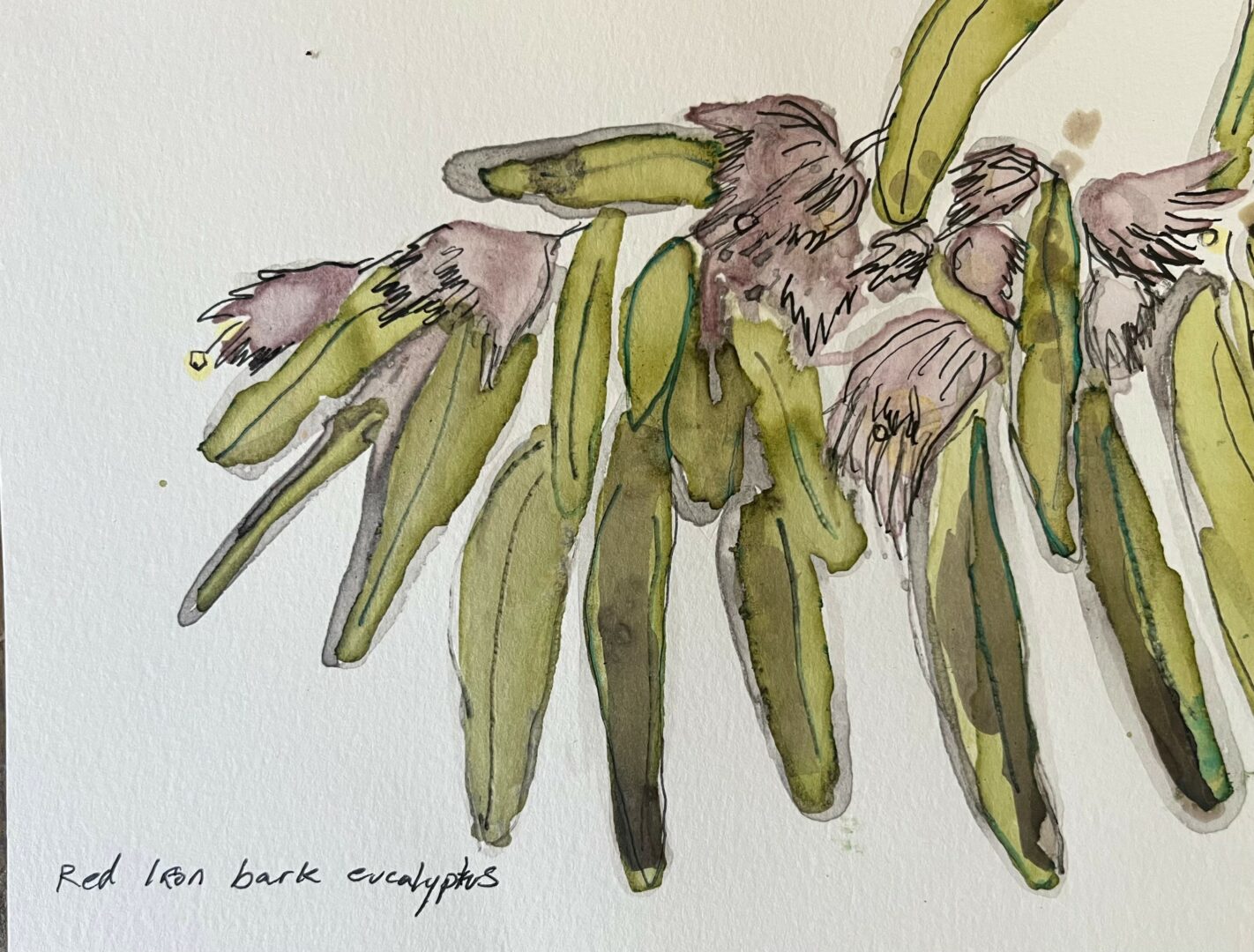
Looking back, what do you think were the three qualities, skills, or areas of knowledge that were most impactful in your journey? What advice do you have for folks who are early in their journey in terms of how they can best develop or improve on these?
For me thinking like an artist has helped me in all areas of my life. When I think of an idea, it’s like a journey of how I can make each aspect of the idea better. It all starts with an idea and then I analyze every single part of the idea until it’s a complete picture. I think often when people hear, “That’s great, but it can be improved,” they view that as the end. That’s a critique that stops them from pursuing that idea because they just wanted to do that one thing. When you start thinking of an idea as a ‘choose your own adventure’ novel it becomes complex and wholistic and sometimes untenable. Yet, that fills my waking and dreaming head and creates a rich life full of possibility. A lifetime of thinking like that brings so much inspiration into everything around you! As an artist, our responsibility is to find that joy in any environment and then remind everyone else that Hey! Look at this: our world is beautiful! Artists must bring the light.
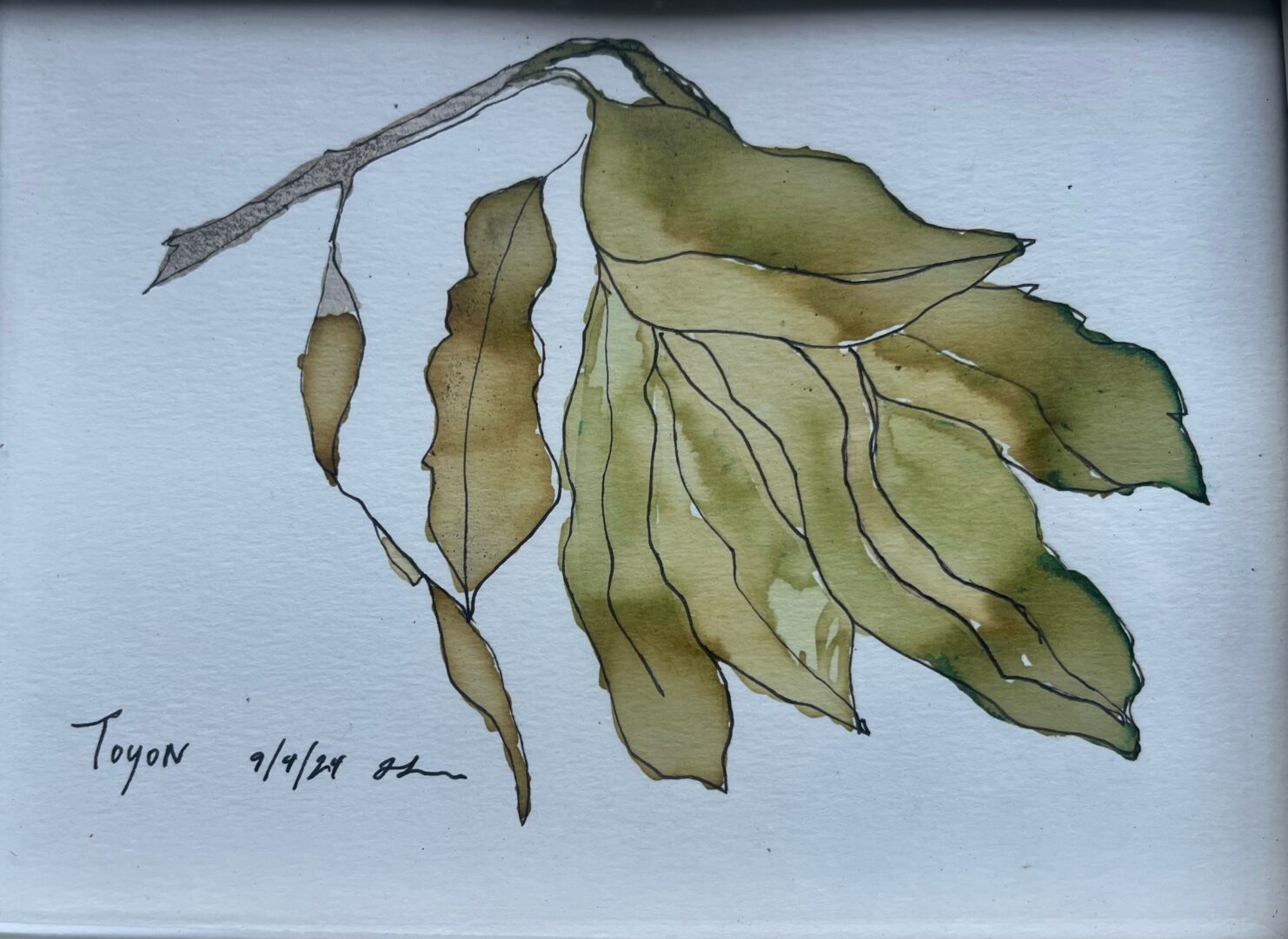
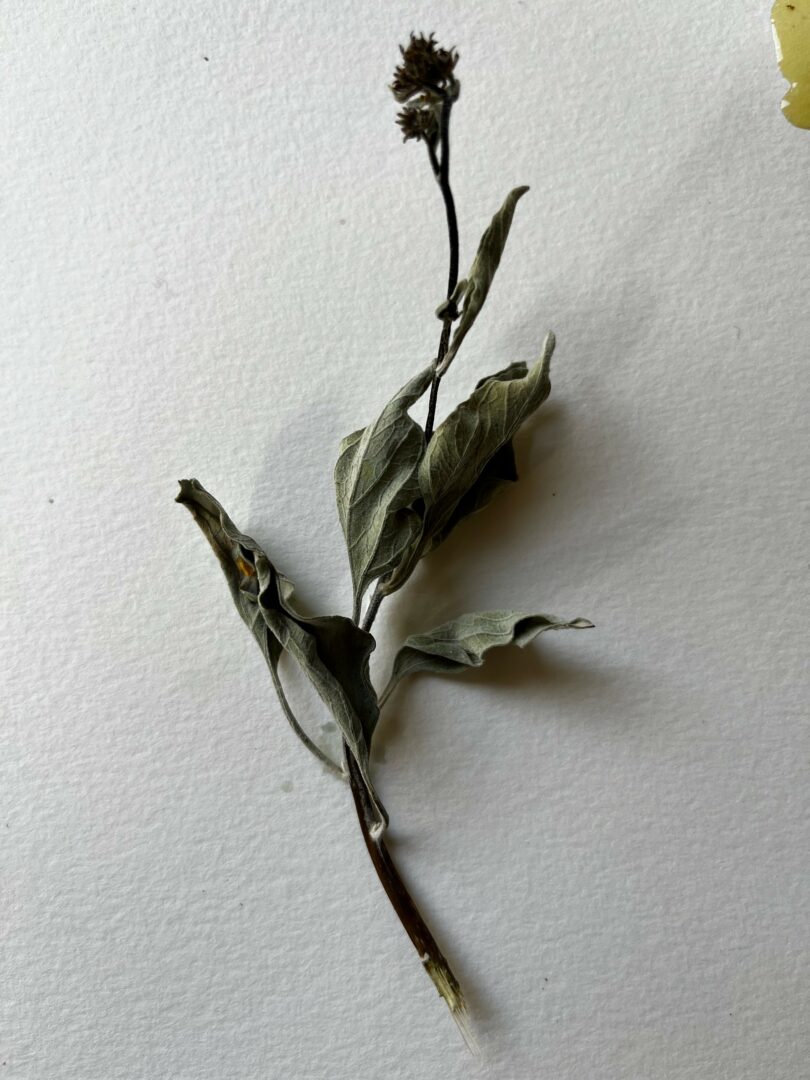
What’s been one of your main areas of growth this year?
In the last 12 months, I’ve made a significant life change by quitting my full-time teaching job to pursue my art full-time. This transition hasn’t been without its challenges—getting an art career off the ground is no small feat—but the difference in my overall well-being has been great. I’m so much less stressed and overwhelmed now. It’s easier to see all the beauty around me.
Balancing the roles of a parent, artist, teacher, and partner was a huge undertaking, and like many artist moms, I thought I could handle it all. But I realized that the quality of how I was managing each of those roles wasn’t where I wanted it to be. I wasn’t giving my best to any of them, which was frustrating.
Taking the leap to quit my steady income was a massive shift, especially for someone like me who unabashedly enjoys having financial stability (and the food that money can buy—haha). But this decision has allowed me to focus more on what truly matters to me, and I’ve learned that multiple streams of income are the way to go. People genuinely want to support local and sustainable efforts, which aligns perfectly with my goals.
This year has also deepened my respect for teachers. Being in that role was a rewarding but demanding experience, and I have immense admiration for those who continue to do that vital work. To all the teachers out there—big appreciation for all you do!
Contact Info:
- Website: https://jannelarsen.com/
- Instagram: mslarsensbotanicalinks
- Facebook: mslarsensbotanicalinks
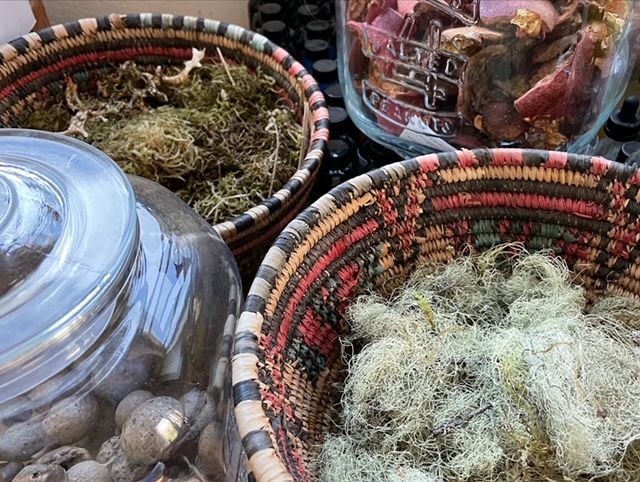
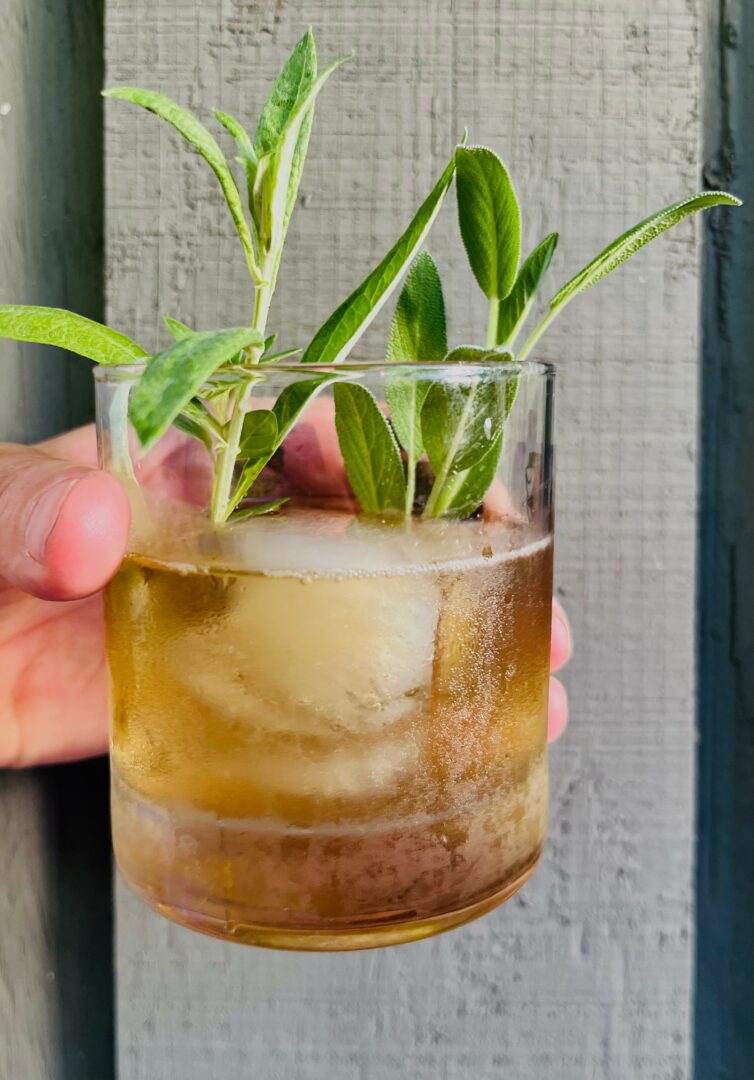
so if you or someone you know deserves recognition please let us know here.




